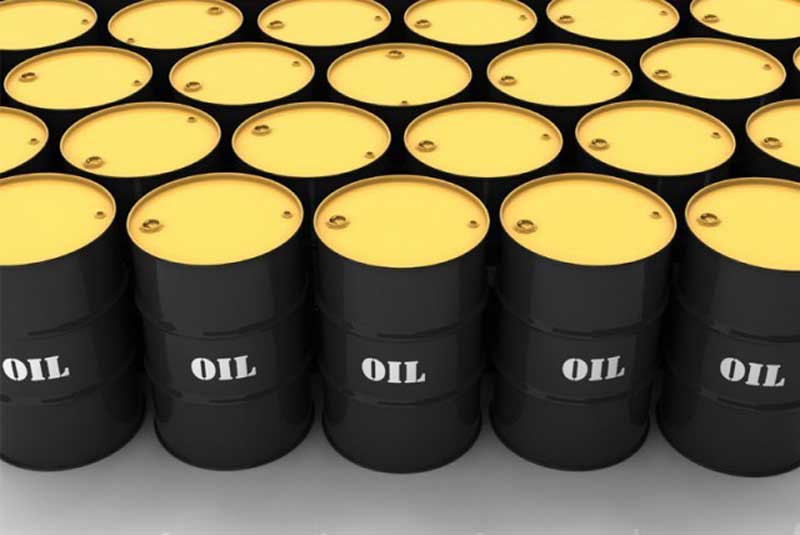×
The Standard e-Paper
Kenya’s Boldest Voice

Kenyans will continue grappling with the high cost of living as global crude oil prices further inch up.
Fluctuations in oil prices have become a concern to Kenya - a net importer of petroleum products.







